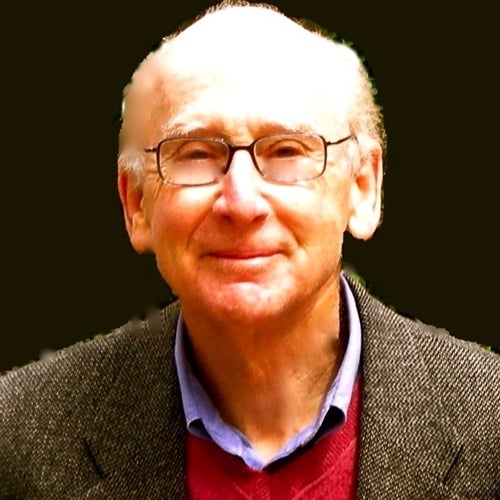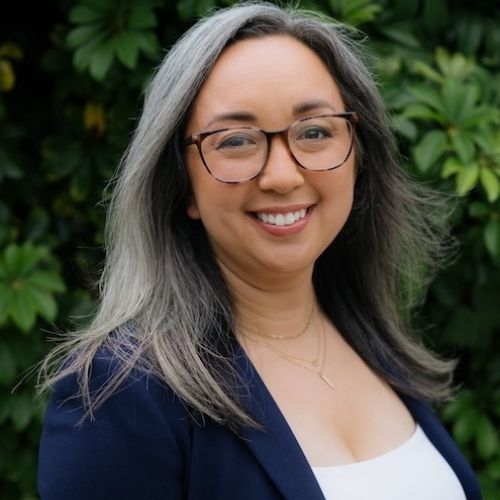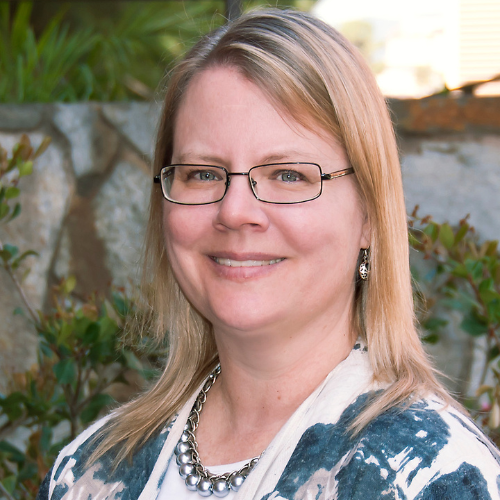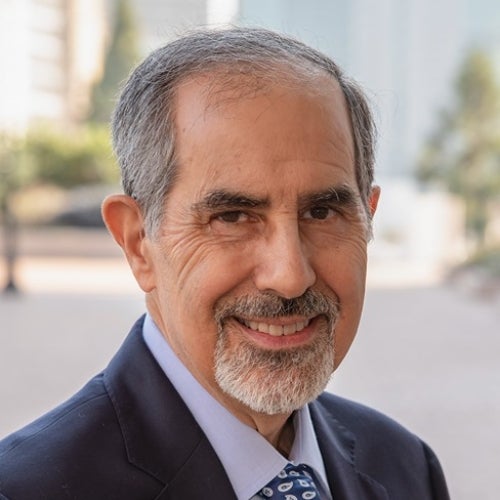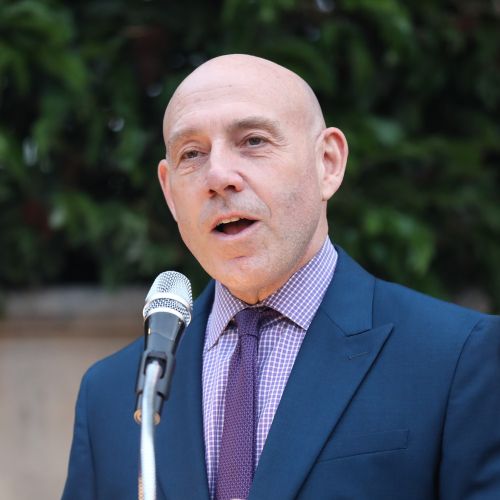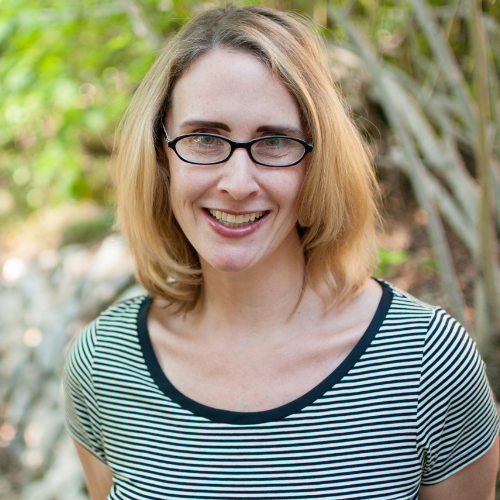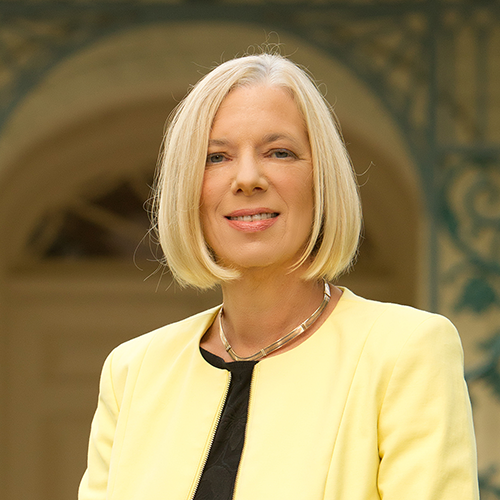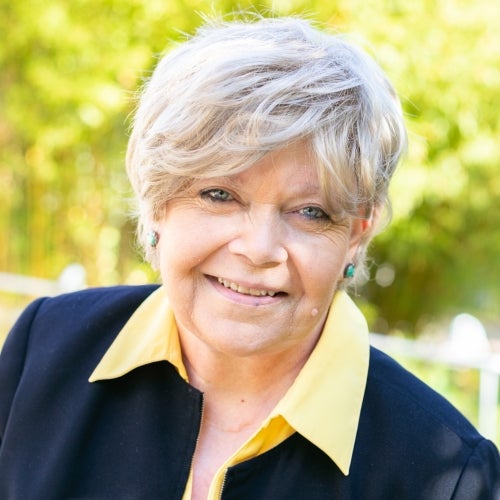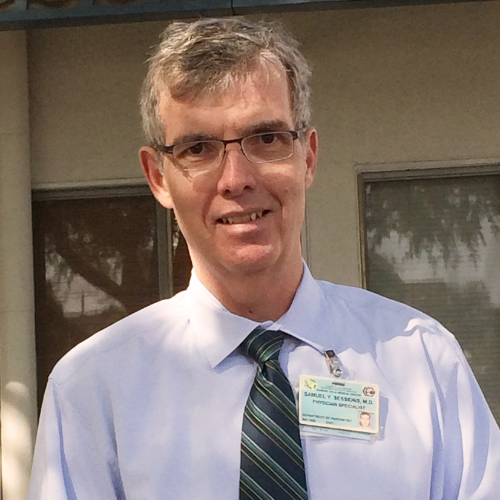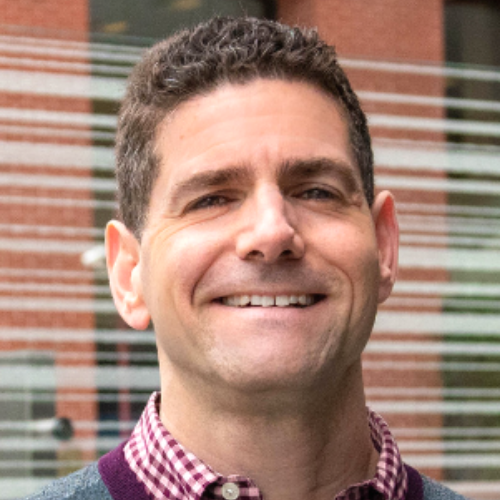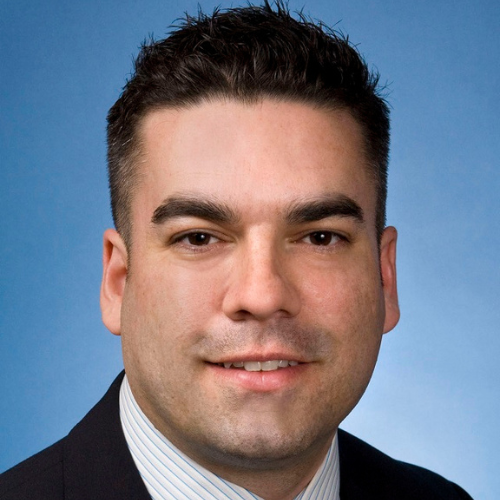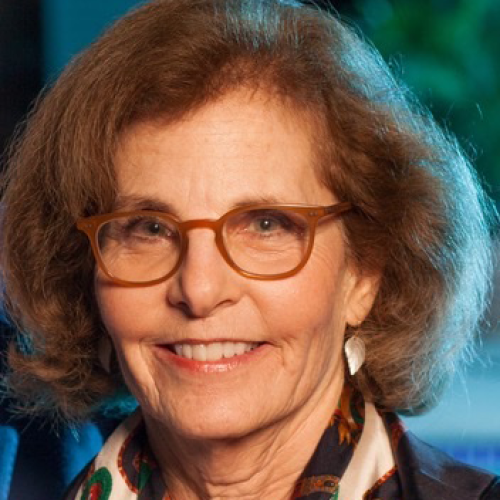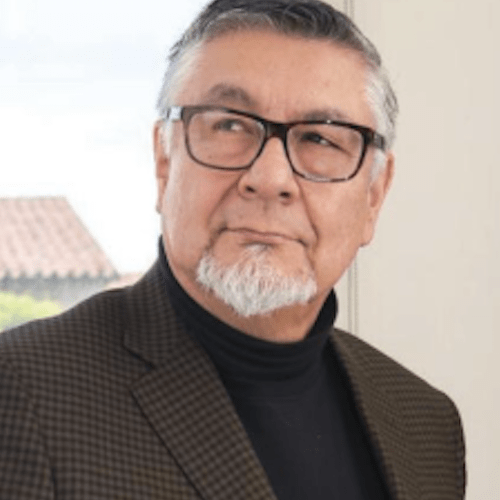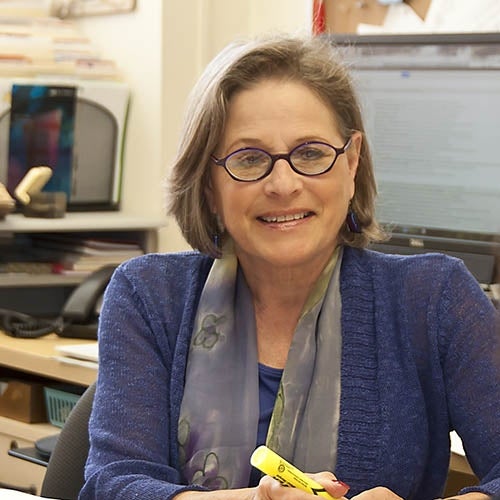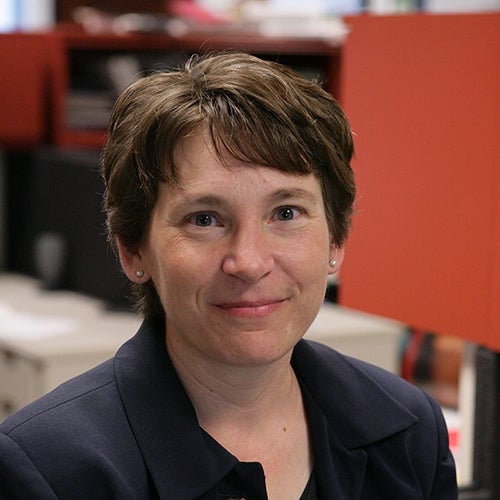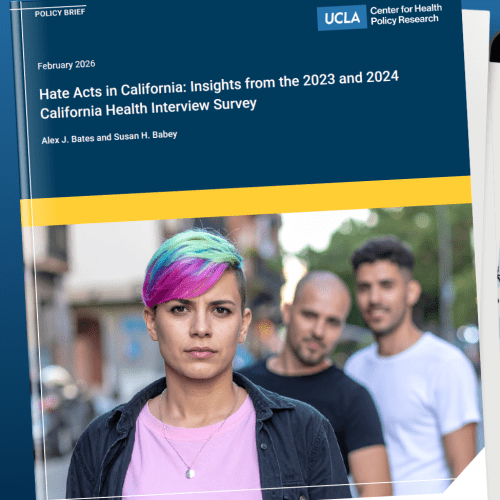UCLA Fielding School team receives state grant for COVID-19 research
A team led by Dr. Vickie Mays and Dr. Ninez Ponce has received a state grant for COVID-19 data research in Los Angeles County.

Four teams of researchers focused on COVID-19 related data analysis and modeling received grants from the University of California Health and California Department of Public Health (CDPH) COVID Modeling Consortium, an innovative consortium launched last year to ensure public health policy makers have timely, relevant analysis and insights to support pandemic-related decision making.
The areas of focus for the funding were driven by priorities set by CDPH for gaining deeper understanding of COVID-19 matters, such as disease detection and impact, virus transmission and behavior, mitigation strategies, and social and behavioral considerations.
The studies selected for the grants are designed to provide insights on COVID-19 related challenges such as forecasting, understanding disease risk for Black populations, effectiveness of K-12 school mitigation strategies, and disparities in COVID-19 vaccination acceptance. The research proposals, which together received approximately $236,000 in funding, are:
- An assessment of indicators for COVID-19 risk reduction by UCLA investigators, focused on the Black community in Los Angeles County
- A study to improve accuracy and precision of COVID-19 forecasts and scenarios through analysis of inputs from multiple data sources by UC Irvine investigators
- Epidemiologic and model-based assessments of K-12 public health policies for mitigation of SARS-CoV-2 variant transmission in schools by UC Berkeley investigators
- Examination of factors associated with COVID-19 vaccination uptake disparities by UCSF investigators
The grant to UCLA will support a 12-month-long project to assess vaccine uptake and risk reduction measures for Black Californians, focused in Los Angeles County. It will be co-led by Dr. Ninez Ponce, UCLA Fielding School of Public Health professor of health policy and management and director of FSPH’s UCLA Center for Health Policy Research, and Dr. Vickie Mays, UCLA Fielding School of Public Health professor of health policy and management and director of the UCLA BRITE Center for Science, Research and Policy.
“We appreciate that the UC Health and CDPH COVID Modeling Consortium has made this award," Ponce said. "A lesson learned from the pandemic is that many of the current efforts to model and investigate COVID-19 in California's Black population have struggled in the absence of evidence-based data to guide resources and interventions. A Black-focused modeling approach is crucial because vaccine adoptions are occurring most slowly among Blacks.”
Mays, who also serves as a distinguished professor of psychology at UCLA’s College of Letters and Science and a special advisor to UCLA Chancellor Dr. Gene Block, pointed out that Los Angeles County records show that for every 100,000 unvaccinated Black residents, more than 15 were hospitalized with COVID-19, which is higher than for other groups in the county’s population.
"This research will help address this very important issue by modeling the complexity of how the social vulnerabilities experienced in the lives of Blacks in California intersect with their behavioral intentions, behaviors and difficulties in following public health advisories such as mask-wearing, physical distancing and hand-washing," Mays said. "Our models will inform public health and health care strategies for outreach and engagement, messaging, vaccination interventions and testing that can direct equitable measures to reduce the disparities in deaths, hospitalization and rate of infection in the Black community, especially in Los Angeles County - home to the largest Black population in the state."
The funded projects were selected through a multi-step review process following a call for proposals to approximately 150 researchers across UC campuses working on COVID-19 research as well as the 200+ members of the consortium. All of the research projects are reviewed and monitored by the applicable campus institutional review board and follow established protocols for use of health data.
“We were pleased that the consortium is able to support these researchers in projects that are advancing our understanding of the virus and the disease. Public health officials and our communities have a critical, ongoing need for research-based information in real-time that can help guide actions and policies,” said Dr. Kirsten Bibbins-Domingo, co-chair of the consortium and professor and chair of the Department of Epidemiology and Biostatistics, and vice dean for Population Health and Health Equity in the UCSF School of Medicine.
The funded projects were selected through a multi-step review process following a call for proposals to approximately 150 researchers across UC campuses working on COVID-19 research as well as the 200+ members of the consortium. All of the research projects are reviewed and monitored by the applicable campus institutional review board and follow established protocols for use of health data.
“Our partnership with academic experts at University of California Health to provide evidence, data, and projections to inform our public health mitigation strategies and policies has been crucial, and we are thrilled to support these important projects including work to better understand and address disparities to better serve and protect Californian communities,” said Dr. Erica Pan, CDPH State Epidemiologist and co-chair of the consortium.
“Conditions in our communities continue to evolve every day, and we must continue to have scientific evaluation of the impact of COVID-19 and effectiveness of prevention and mitigation strategies. It is rewarding to be working with CDPH to align the data research capabilities of the UC system with the needs of the State,” said Dr. Maya L. Petersen, co-chair of the consortium and chair of the Division of Biostatistics at UC Berkeley’s School of Public Health.
The University of California Health and CDPH COVID Modeling Consortium is a regular forum in which UC faculty in epidemiology, infectious diseases, economics, statistics, computer science, ecology and data modeling work with CDPH modelers and public health experts to develop information to inform the pandemic response in California.
Through the consortium, researchers provide updated analyses and discuss new developments in COVID-19 to provide real-time evidence to inform public health decision making. State public health leaders provide input about the types of information that will be most meaningful in thoroughly understanding the health-related patterns and economic impact of COVID-19 in California.
“The pandemic has highlighted the many ways support is needed for public health infrastructure in California and the nation. We’ve seen the importance of building and maintaining robust data systems for research and analysis to inform actionable strategies,” said Dr. Carrie L. Byington, executive vice president of University of California Health and an infectious disease expert. “The learnings from this consortium and UC research go beyond immediate study findings. This work is providing a roadmap for how to effectively structure and leverage disparate data sets to support both pandemic response and public health programs overall.”
by Heather Harper
The UCLA Fielding School of Public Health, founded in 1961, is dedicated to enhancing the public's health by conducting innovative research, training future leaders and health professionals from diverse backgrounds, translating research into policy and practice, and serving our local communities and the communities of the nation and the world. The school has 761 students from 26 nations engaged in carrying out the vision of building healthy futures in greater Los Angeles, California, the nation and the world.
Faculty Referenced by this Article
Nationally recognized health services researcher and sociomedical scientist with 25+ years' experience in effectiveness and implementation research.

Professor of Community Health Sciences & Health Policy and Management, and Associate Dean for Research

EMPH Academic Program Director with expertise in healthcare marketing, finance, and reproductive health policy, teaching in the EMPH, MPH, MHA program

Dr. Michelle S. Keller is a health services researcher whose research focuses on the use and prescribing of high-risk medications.

Dr. Ron Andersen is the Wasserman Professor Emeritus in the UCLA Departments of Health Policy and Management.








